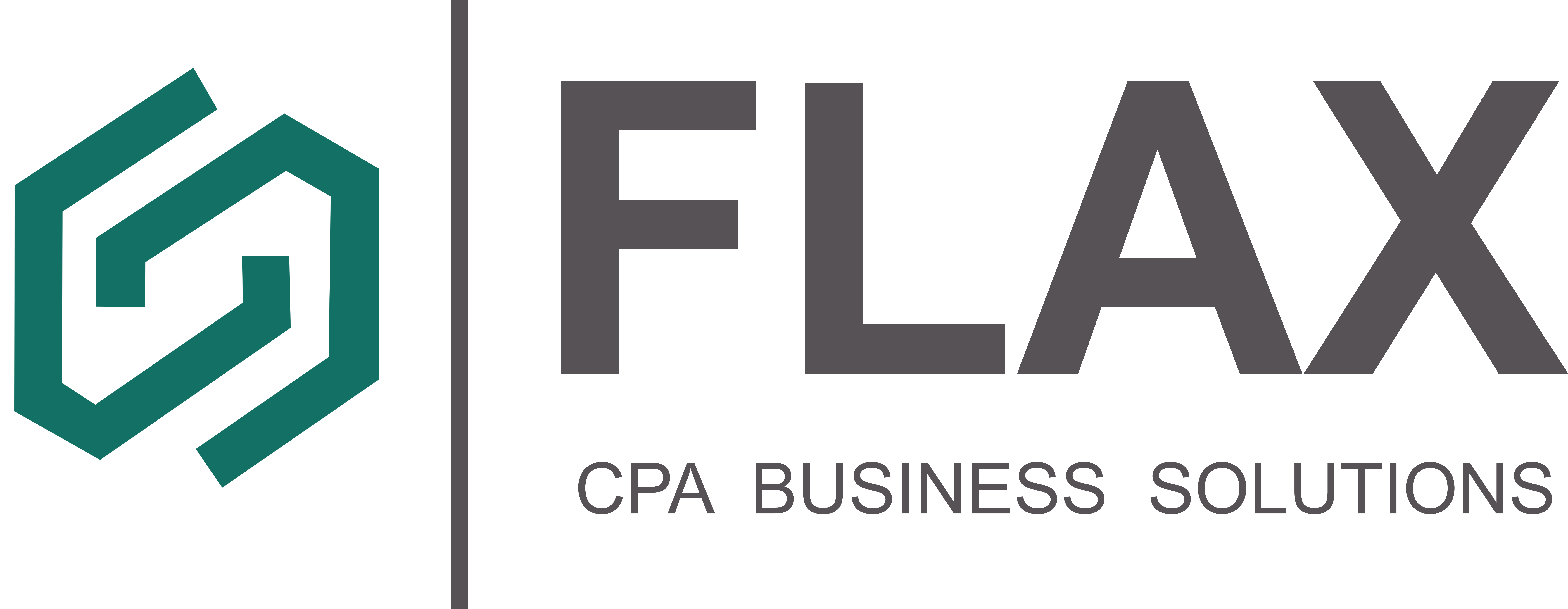Mental health professionals, including psychologists, psychiatrists, counselors, and therapists, play a crucial role in our society. Recognizing this, there are several tax deductions and savings opportunities tailored to benefit your profession.
1. Home Office Deduction:
If you offer teletherapy sessions from home or manage administrative tasks from a dedicated space, you might qualify for the home office deduction.
2. Continuous Education & Training:
The costs incurred for attending workshops, conferences, and obtaining required certifications can be deductible, helping you stay updated without financial strain.
3. Equipment & Software Purchases:
Investments in therapy tools, patient management software, or any other equipment that’s imperative to your practice are generally tax-deductible.
4. Professional Association Dues & Licenses:
Membership fees and licensing costs can be claimed as business expenses.
5. Travel & Transportation:
If you attend conferences, meet with clients off-site, or have multiple office locations, keep track of your mileage, and transportation expenses.
6. Health Insurance Premiums:
For self-employed mental health professionals, a portion of the health insurance premium might be deductible.
Remember:
To leverage these deductions, it’s essential to maintain meticulous records. Ensure that you keep all receipts, log your miles, and consult with a tax professional to maximize your deductions accurately.
